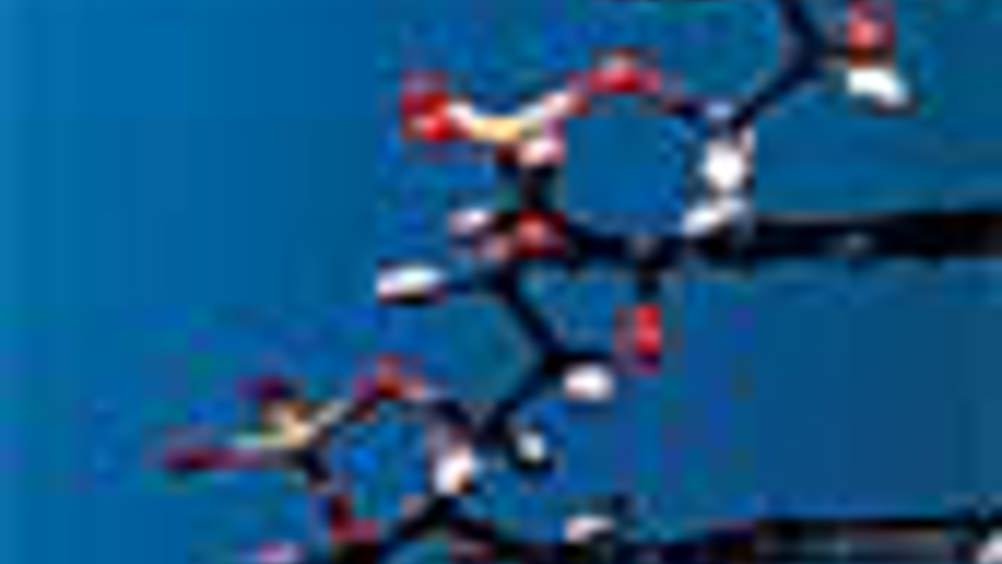Cofactor regeneration
Researchers have developed a microreactor that regenerates cofactors through enzyme-catalysed reactions.

One of the longstanding challenges in the synthesis of pharmaceuticals, cosmetics and food additives is the continuous regeneration of molecules called cofactors that permit the synthesis through inexpensive and environmentally friendly biocatalytic processes.
Now, a team of researchers from the University of Illinois at Urbana-Champaign and the Universite Paul Sabatier in Toulouse, France, has developed a microreactor that efficiently regenerates cofactors through enzyme-catalysed reactions.
"Enzymes are nature's catalysts, but in some cases, enzymes can not prompt a speedy chemical reaction," said Paul Kenis, a professor of chemical and biomolecular engineering at Illinois and a researcher at the Beckman Institute for Advanced Science and Technology. "In those cases, one or more cofactors are required."
By continuously regenerating the required cofactors, the microreactor enables the desired biocatalytic processes. Kenis and his colleagues describe their work in a paper that has been accepted for publication in the Journal of the American Chemical Society.
Register now to continue reading
Thanks for visiting The Engineer. You’ve now reached your monthly limit of news stories. Register for free to unlock unlimited access to all of our news coverage, as well as premium content including opinion, in-depth features and special reports.
Benefits of registering
-
In-depth insights and coverage of key emerging trends
-
Unrestricted access to special reports throughout the year
-
Daily technology news delivered straight to your inbox










Pipebots Transforming Water Pipe Leak Detection and Repair
Fantastic application.